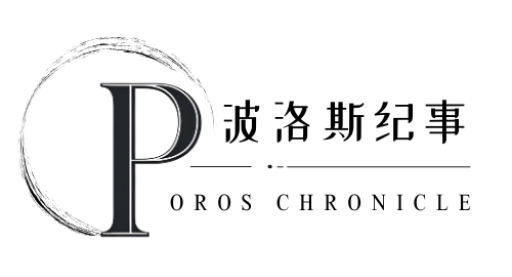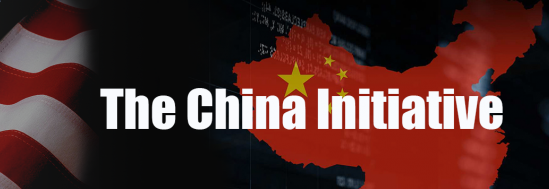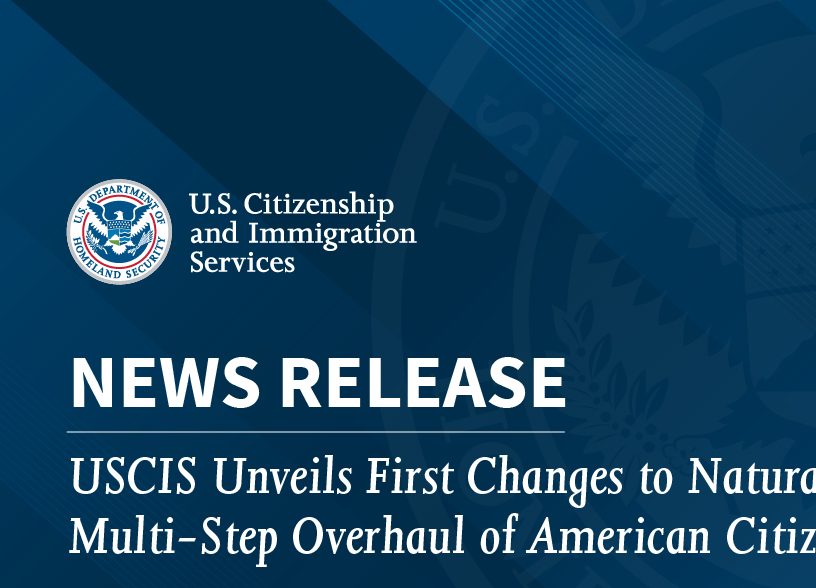Charlie Kirk, the American conservative youth leader, was known during his life for his outspoken “America First” stance and his criticism of “woke” culture. His views on Chinese Americans were complex and often contradictory—he praised the economic achievements of Chinese Americans while remaining highly wary of alleged Chinese Communist Party (CCP) influence. This dual attitude appeared repeatedly in his posts on X, his podcast The Charlie Kirk Show, and public speeches. Kirk was tragically assassinated on September 10, 2025, while speaking at a university in Utah at the age of 31. His death prompted widespread mourning and reignited discussions about his political legacy, particularly regarding his influence on the Chinese American community.
Kirk frequently described Chinese Americans as exemplars of the “American Dream,” using them to counter leftist arguments about systemic racism. In 2019, he posted on X: “Minorities continue to thrive under the Trump economy: Asian American unemployment hits a record low—2.1%. Their business ownership rises 24%. The average tax cut for Asian Americans is $2,560.” He used this to highlight the inclusiveness of Trump’s policies, implying that Chinese Americans’ success demonstrated the equality of opportunity in the U.S. In 2023, he told Fox News: “If white supremacy were real, why are Asian Americans the highest-earning group in the U.S.? The U.S. Constitution wasn’t written in Chinese, but it shows that anyone who comes here with a diligent attitude can succeed.” He leveraged the “model minority” status of Chinese Americans to challenge narratives of white supremacy. Furthermore, during reports of Trump’s 2024 rally in the Bronx, he mentioned the participation of “many Asian voters,” attempting to incorporate Chinese Americans into the conservative voter base.
However, Kirk’s praise for Chinese Americans was often tempered by his sharp criticism of the CCP. He viewed China as America’s “greatest enemy” and suggested that some Chinese immigrants might be influenced by Beijing, posing a security threat. In May 2025, he reposted a C-SPAN clip on X criticizing the “Chinese birth tourism” phenomenon, claiming that Chinese women gave birth in the U.S. to obtain citizenship for their children, then returned to China to raise them “loyal to the CCP,” and called for the abolition of birthright citizenship. In June 2025, he posted that Chinese student visas were “tools for CCP spies,” citing a Chinese citizen arrested at the University of Michigan for allegedly smuggling pathogenic fungi, and advocated for visa restrictions. He also supported Trump’s tariff policies, criticized Chinese-made baseball equipment as “mocking America,” and blamed China for the fentanyl crisis and the origin of COVID-19, claiming the virus came from a “Wuhan lab.”
These remarks sparked debate within the Chinese American community. Some conservative Chinese Americans appreciated Kirk’s opposition to Harvard’s alleged “anti-Asian bias” in admissions. In 2018, he condemned Harvard’s labeling of Asian applicants with “personality flaws,” stating that “the left considers discrimination against Asians acceptable,” a stance that resonated with the Supreme Court’s 2023 decision overturning affirmative action. Nevertheless, his anti-China rhetoric drew criticism for promoting prejudice. In 2023, Kirk denied that Trump’s “China virus” rhetoric fueled anti-Asian violence, attributing attacks instead to “leftist-released criminals” who saw Asians as “easy targets.” Asian American advocacy groups criticized him for ignoring structural hate, though FactCheck.org debunked claims that he used derogatory terms against Asians. During a September 2025 visit to South Korea and Japan, Kirk praised Asian countries as “safer and more civilized,” but Reddit users of Asian descent accused him of “privileged racism,” ignoring the real conditions faced by Asian Americans.
After his assassination, Kirk’s views were amplified within conservative circles. At his memorial, Trump called him “the greatest evangelist of American liberty.” Meanwhile, Chinese state media used the event to mock U.S. political violence, highlighting its international repercussions. With the 2026 midterm elections approaching, Kirk’s legacy could continue to shape debates on immigration and trade policy. Chinese Americans, accounting for about 20% of the Asian population in the U.S. and contributing significantly to fields like technology and healthcare, represent a key voting bloc. Kirk’s complex stance toward Chinese Americans—simultaneously praising their achievements while warning of a “China threat”—tests whether conservatives can translate rhetoric into actual support without further dividing the community.



